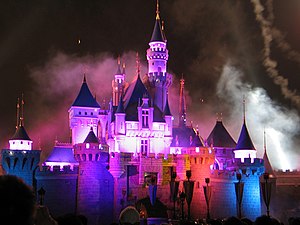The booming value of online game firms - Marc van der Chijs
Times have changed though, nowadays online games are everywhere. Especially social games like Farmville managed to get a lot of new people to start playing games. In the early days social networks helped the growth as well: if your friends invite you to play a game the chance that you will try out the game is a lot higher...Companies like Zynga (7bn USD) and Playdom (750ml USD) are exceptions, but others see their value also go up:
But for non-social game companies valuations so far where a bit lower. It seems that may be changing though and that investors are starting to realize the potential of these companies. This week it was announced that Bigpoint raised a USD 350 million round at a USD 600 million valuation. The company is not a social game company but focuses on browser based MMO (=massive multiplayer online) games, that are free to play. Bigpoint earns its money with virtual items as well, just like Zynga and Playdom. The big difference is that Bigpoint owns most of its users and is not dependent on a site like Facebook.Marc van der Chijs is a speaker at the China Speakers Bureau. When you need him at your meeting or conference, do get in touch.
I expect that valuations for many other online game properties will go up in the near future, especially for those companies that get a large part of their revenues from virtual goods and that are not dependent on Facebook for their traffic. It will be interesting to see at which valuation these companies are able to raise rounds – or are snapped up by players like Zynga looking to have their own traffic! Based on what I am hearing in the market the revenues of many of these players are doubling every year because of virtual items (just like Bigpoint) and I won’t be surprised to see a billion dollar IPO for one of them within the next 18 months.
Labels: China, China Speakers Bureau, gaming, IPO, Marc van der Chijs









































